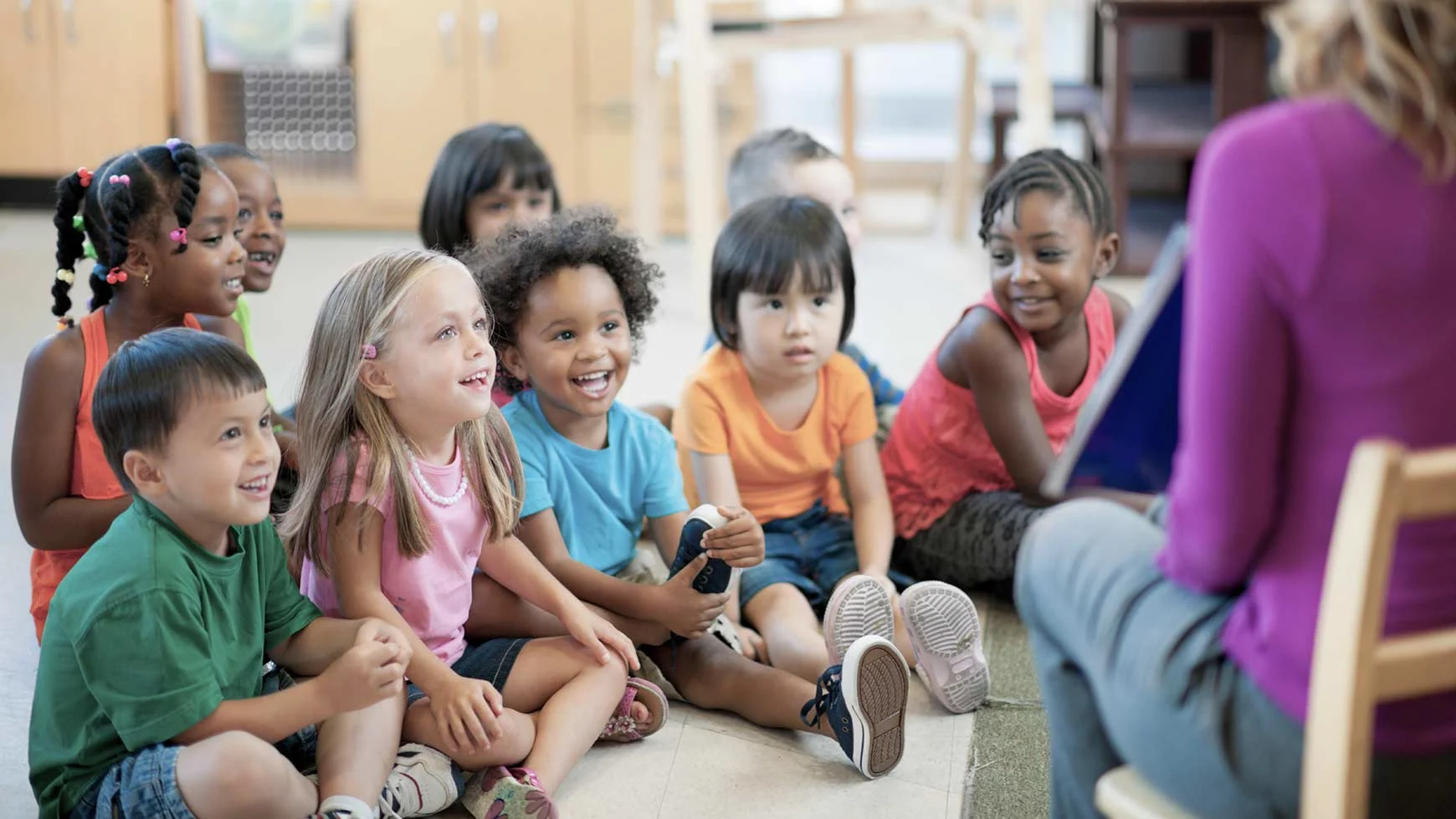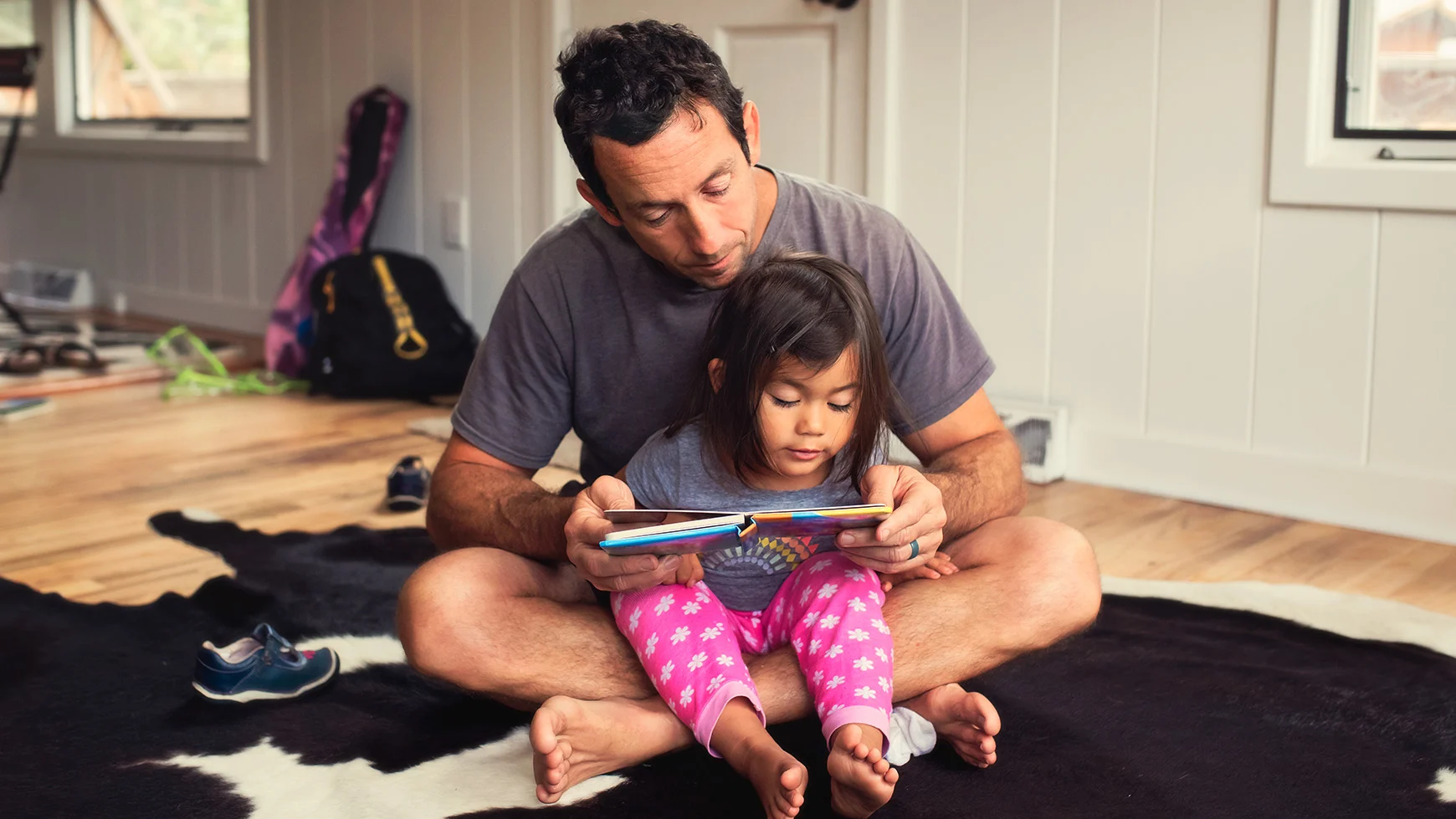Picking the right preschool for your child

At a glance
In general, kids who learn and think differently thrive in preschool.
Visit preschools and ask to look in on the classroom.
A good preschool teacher will pick up on your child’s struggles.
Maybe you have a gut feeling — or even know for sure — that your child learns or thinks differently. You may be wondering what type of preschool would be best for your child. Or whether going to preschool is even a good idea.
Most early education experts agree that kids will benefit from a strong preschool program.
Starting school as soon as possible can help reveal issues and struggles early on. It may also help you figure out what kind of support your child will need to succeed in grade school. And preschool can help kids learn some of the key skills for kindergarten.
Here’s what you need to know about choosing a preschool.
Know your child’s strengths and weaknesses.
It’s a good idea to find out what skills the preschool expects your child to be developing. Then you can assess whether the school is willing to work with your child to strengthen skills that are especially challenging. Skills your child will be working on include:
Sitting still for short periods of time
Taking turns talking and playing
Controlling emotions and actions
Following simple directions
Recognizing letters and numbers
Using a crayon or pencil
Sharing supplies and toys
Visit the school.
It’s important to visit schools in person. Observe all the teachers who might work with your child. You should be able to pop in and out of several classrooms in a 30-minute visit and see each teacher in action. Here are some things to look for:
How does the teacher redirect kids? If a child is losing control, does the teacher gently lead the child to another area? That’s a better response than yelling or giving a time-out.
How does the teacher praise the kids? Specific praise (“I like how Sophie picked up the blocks and put them away”) is better than general praise (“Sophie is helpful today!”).
What does the teacher do when kids are overstimulated? Does the teacher lead them to a quieter area?
Does the teacher encourage self-expression and language development? For instance, are they reading a book aloud and then asking the class questions about the characters or the story?
Does the teacher seem to enjoy working with children? Is the teacher engaging with the students in a positive way?
If there is an aide or assistant teacher in the room, do they work well together as a team and in an organized way?
Check out the environment.
In general, kids who learn and think differently do better with a lot of structure and routine. In preschool, this means that each day unfolds in a particular order. An example: First there’s free play, then circle time, a classroom activity, outside time, lunch, read aloud, then back inside for a final wrap up. Of course, you may think this is too much of a schedule or structure for your child. You can look for a program with more free play and fewer routines and teacher-guided activities.
Talk to the program director.
The director’s ability to meet with you and let you observe teachers is very important. It gives you an idea of how much access you’ll have during the year to discuss your concerns. Ask if teachers are prepared to look for kids who may learn and think differently. What do they if they suspect any issues? A great answer might be: “We provide extra skills practice in school and strategies to try with your child at home.”
If those steps don’t work, a good preschool will suggest that the parents contact early intervention services and request a screening.
Knowing what to look for and ask about can make it easier to find a preschool that’s a good fit for your child. You can also connect with other parents and get their feedback. They may give you the best insight of all.
Key takeaways
Preschool may help prepare your child for the demands of kindergarten.
Kids who learn and think differently may do best in preschool programs that are more structured.
You can tell a lot about a teacher’s style by watching them in action.




